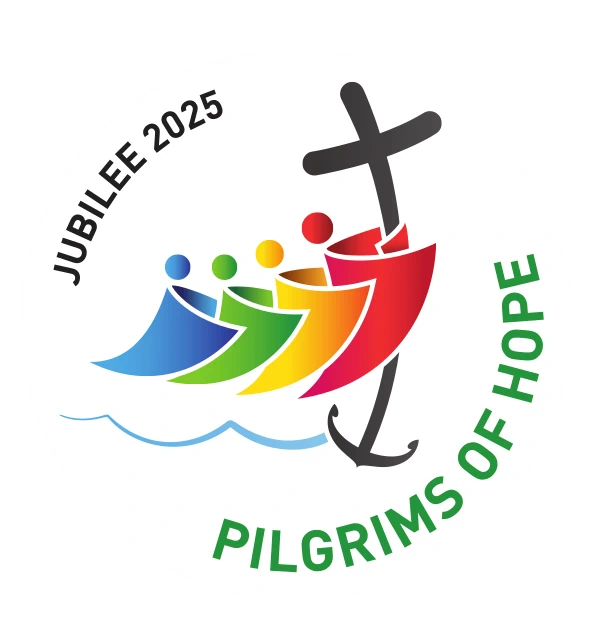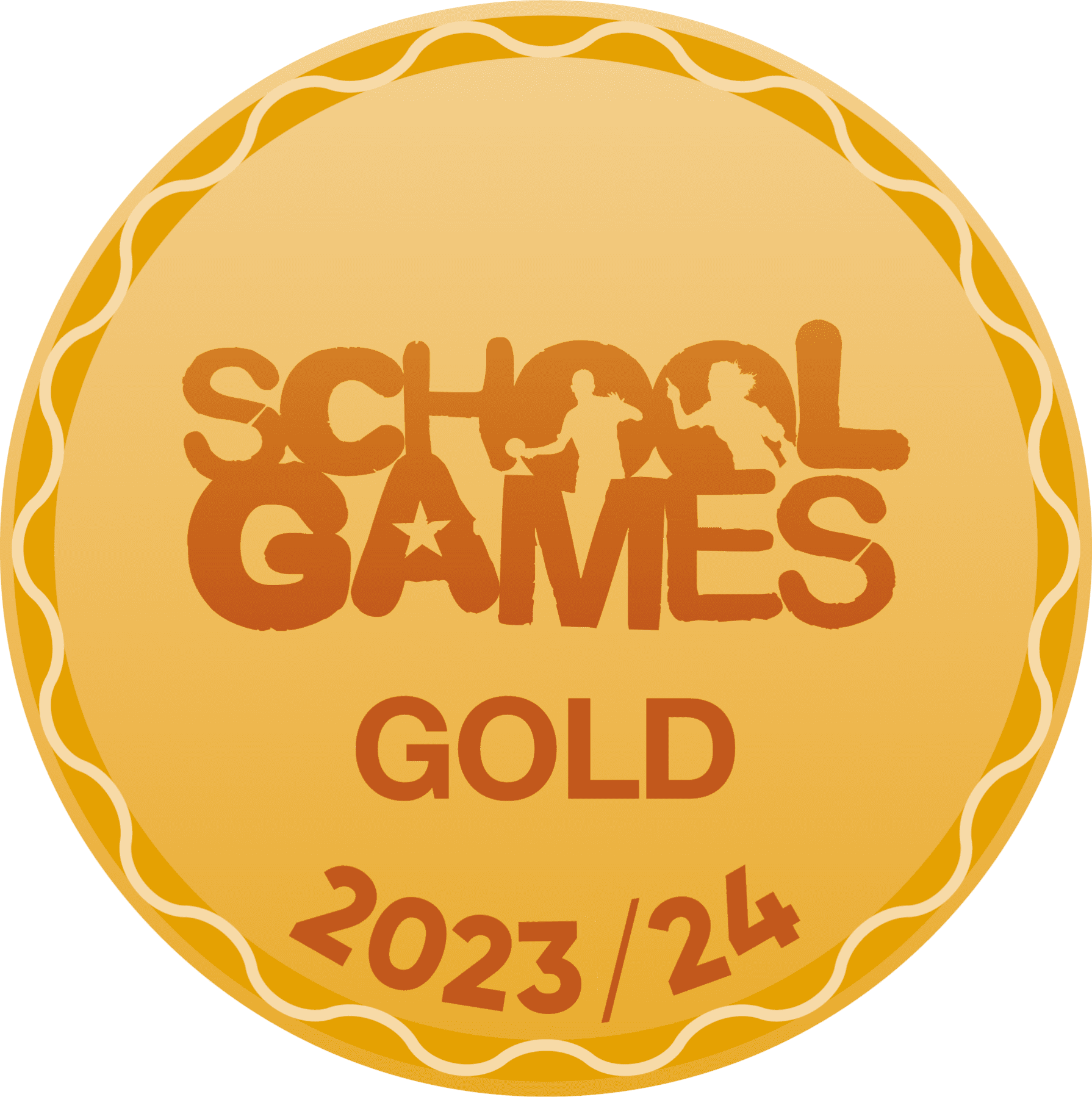Teaching and Learning Guide
Curriculum
Our curriculum sits at the centre of everything we offer as a school. All of our decisions are centred around what we believe is best for the individual Student. We believe our Curriculum will have a positive impact on Students’ learning and progress, therefore, supporting them on their ‘Success Journey’ into further education or employment.
In order for our Curriculum to have its intended impact, we must:
1. Ensure that our school is meeting the standards it has set itself by supporting staff in all forms of CPD and QA. Staff professional development is rooted in the needs of the school and, these are aligned with the curriculum which results in better teaching for our students.
2. Ensure that the curriculum and provision is carefully mapped for all and that it includes all of the specific academic intervention that may be required to support the achievement of all.
3. Ensure that what happens in the classroom reflects the highest standards of Teaching and Learning and Students are provided with quality-first teaching.
Our Curriculum has been mapped sequentially using the steps below:
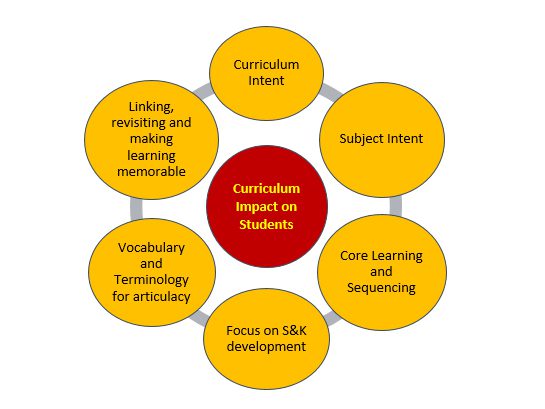
Intent:
Our intent for the curriculum at Philip Howard is to offer a broad and balanced curriculum which engages, challenges and inspires all of our students. We place the student at the heart of our curriculum and strive to offer a personalised learning experience, in which we are able to discover and develop the talents and abilities of each and every student in our care.
Our broad and balanced curriculum reflects our commitment to encouraging confident, independent learners. There is a clear focus on developing reading the reading culture and metacognitive strategies across all year groups so that Students can develop transferable skills which will support them to become life-long learners.
A broad range of progression routes are in place and inclusive to all pupils to ensure that they are provided with the opportunity to grow, develop and realise their potential.
The academy’s curriculum is planned and sequenced to ensure a smooth transition between Year 6 and Year 7. We build on our students’ knowledge and skills and lay the foundations to enable them to broaden and deepen their knowledge and understanding in Key Stage 3 continuing into Year 10 and beyond when they specialise in chosen subjects.
Pupils follow the National Curriculum through this broad and balanced approach and are provided with the opportunity to study a wide range of subjects.
The knowledge rich KS3 curriculum demonstrates progression in structure, setting out what we want our students to learn and therefore the progress we expect them to make in developing and refining their knowledge and skills.
The whole school Curriculum develops Students for the next phase of education, training or employment and leads Students towards their ‘Success Journey’.
The Curriculum also develops and deepens the Social, Moral, Spiritual and Cultural focuses, as well as the British Values and Cultural Capital already established within the reviewed curriculum.
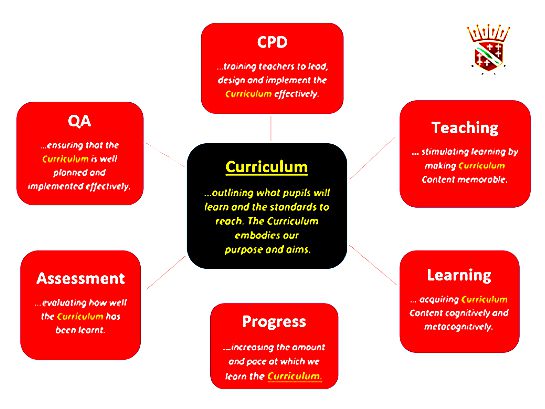
The above diagram shows the different aspects of implementation which support the effectiveness of our curriculum.
Curriculum time for each subject area can be found below:
Key Stage 3
At Key Stage 3, our curriculum is broad and balanced, developing a ‘passion for learning’ where students can build on prior learning but also develop new skills and knowledge.
The time allowed for different subjects is spread over a two-week timetable totalling 50 hours. The number of hours per subject are as follows:
| Subject | Year 7 | Year 8 | Year 9 |
| English | 8 | 8 | 8 |
| Maths | 8 | 8 | 8 |
| Science | 6 | 6 | 6 |
| Language | 4 | 4 | 4 |
| Physical Education | 4 | 4 | 4 |
| Technology | 2 | 2 | 2 |
| History | 3 | 3 | 3 |
| Geography | 3 | 3 | 3 |
| Art | 2 | 2 | 2 |
| Religious Education | 5 | 5 | 5 |
| Music | 2 | 2 | 2 |
| Computing | 2 | 2 | 2 |
| PSHE | 1 | 1 | |
| Drama | 1 | 1 | 1 |
Key Stage 4
Pupils in Key stage 4 study their specialist subjects alongside their core curriculum (English, Maths, Science and RE). Topics and content for all KS4 qualifications varies on the choice of exam board and where applicable, the tier of paper (higher or foundation). The curriculum is monitored and evaluated at the end of each academic year, and changes are made in the best interest of the students.
The time allowed for different subjects is spread over a two-week timetable totalling 50 hours. The number of hours per subject are as follows:
| Subject | Year 10 | Year 11 |
| English | 9 | 9 |
| Maths | 8 | 8 |
|
Science: Biology Chemistry Physics |
4 4 4 |
4 4 4 |
| Physical Education | 2 | 2 |
| Specialism 1 | 5 | 5 |
| Specialism 2 | 5 | 5 |
| Specialism 3 | 5 | 5 |
| RE | 5 | 5 |
Students have access to at least one hour of Physical Education per week to encourage them to lead healthy and active lifestyles which promotes personal well-being.
Implementation of the Curriculum:
At St Philip Howard, we believe that learning should be stimulated through quality-first teaching which makes content memorable and enhances the development of Students’ independent and cross-curricular skills.
Staff receive high-quality continued professional development to support this and the rigorous practices for quality assurance maintain expected high standards.
By ensuring that Students receive quality-first teaching, we can ensure they learn the cognitive and metacognitive processes to enable them to, ‘…acquire, store, retrieve and manipulate their learning’, as well as how to, ‘…plan, monitor and assess their understanding and performance’.
Our daily practice of The SPH Learning Journey with particular focus on our practices for Retrieval, Revisiting and Recall help to check and evaluate whether Students’ learning is being embedded into the long-term memory and, embeds consistency in our implementation across all subject areas.
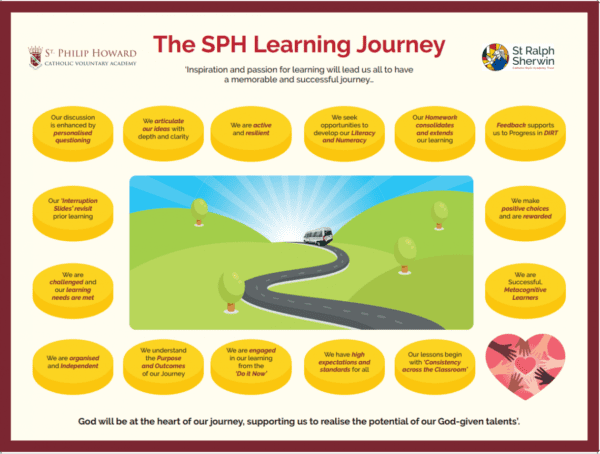

In order to focus on Students’ progress, KS3 Students are assessed based upon whether they are:
- Successfully learning all of the curriculum.
- Successfully learning most of the curriculum.
- Successfully learning some of the curriculum.
- Limited in their success of learning the curriculum.
Additional in class support/ extra intervention is then provided for any Student who is not yet learning most or all of the curriculum. (See also the ‘The SPH T&L guide’ and Impact of Catch-up Funding).
